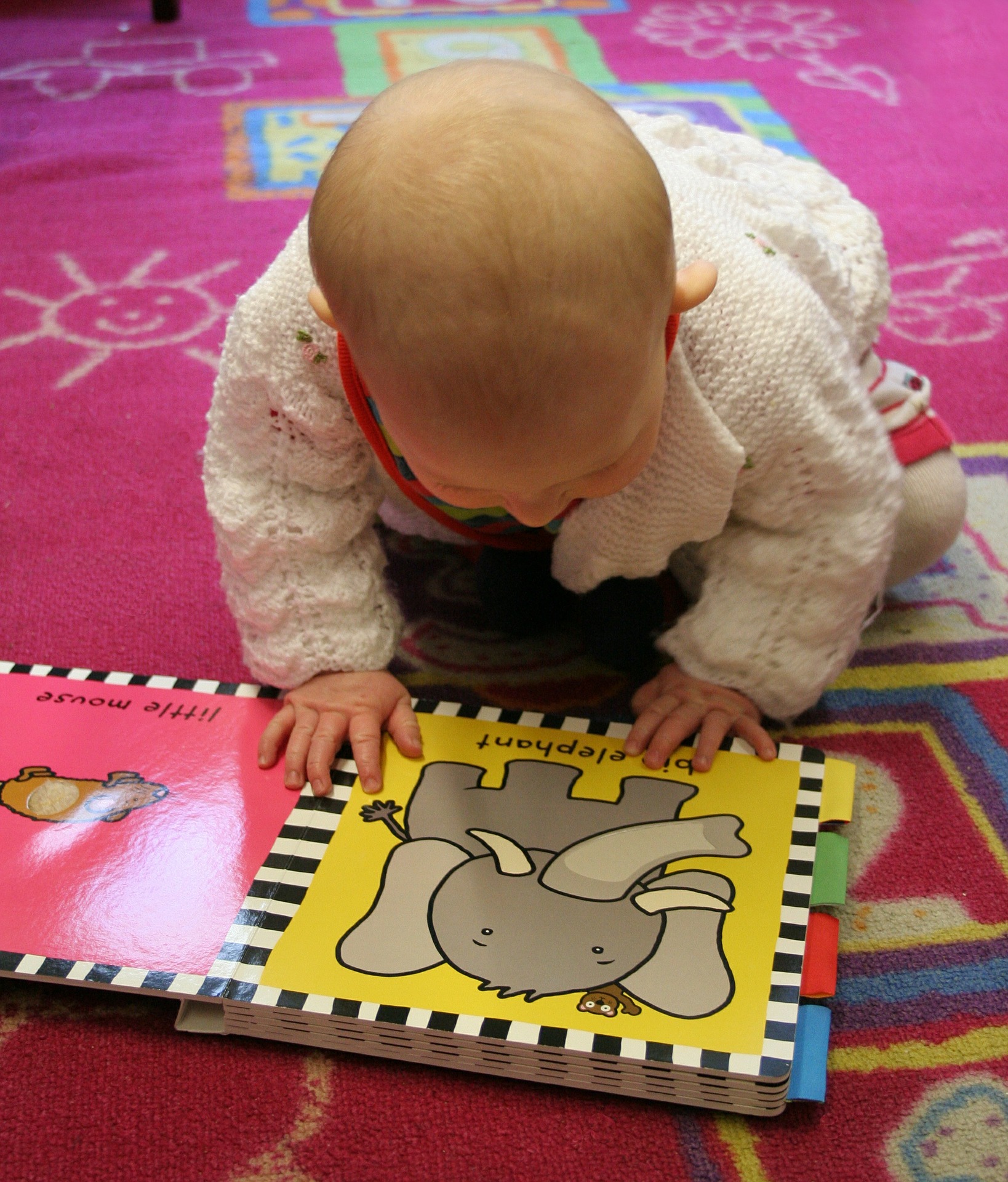Search
Nasopharyngeal colonisation with nontypeable Haemophilus influenzae (NTHi) is associated with development of infections including pneumonia and otitis media. The 10-valent pneumococcal conjugate vaccine (PCV10) uses NTHi Protein D (PD) as a carrier. Papua New Guinean children have exceptionally early and dense NTHi carriage, and high rates of NTHi-associated disease.

Measles is a highly contagious infectious disease that can cause severe, long-term complications in children.
Staphylococcus aureus bacteremia (SAB) is the most common cause of childhood sepsis contributing to pediatric intensive care unit admission. The cost of adult SAB hospitalization is well described globally, but limited costing information is available for children. To bridge this knowledge gap, we investigated the cost of hospitalization in children with SAB in Australia.
Over the past decade, multiple initiatives have been implemented to strengthen influenza vaccination programs in Australia, with an increasing focus on children. In this article, we review these changes, the events that prompted them, and how they have influenced influenza vaccine uptake in Australia.
Acute rheumatic fever (ARF) is an abnormal immune reaction following Streptococcus pyogenes (Strep A) infection of the throat, and likely the skin. Primary prevention is the prompt and appropriate antibiotic treatment of Strep A infection, and it can reduce the risk of developing ARF and subsequent rheumatic heart disease.
Providing a safe and effective coronavirus disease 2019 (COVID‐19) vaccination program is required to mitigate against the current and future negative impacts on the health and wellbeing of all Australians from COVID‐19. An effective vaccination program is a key element required to facilitate economic recovery, safe movement throughout and beyond Australia and a return to the quality of life previously experienced.
To identify barriers to influenza vaccination of children hospitalised for acute respiratory illness in Australia. A total of 595 parents of children hospitalised with acute respiratory illness across five tertiary hospitals in 2019 participated in an online survey. Multivariate logistic regression identified factors most strongly associated with influenza vaccination barriers.
Summarising the current knowledge of Strep A transmission to humans will address gaps in the evidence and inform prevention and control strategies. The objective of this study is to evaluate the modes of transmission and attack rates of group A streptococcal infection in human populations.
To assess the safety of live attenuated herpes zoster vaccine live (ZVL) through cumulative analysis of near real-time, participant-based active surveillance from Australia's AusVaxSafety system. ZVL was funded in Australia for adults aged 70 years from November 2016, with a time-limited catch up programme for those up to 79 years. This cohort study monitored safety in the first two programme years through active surveillance at 246 sentinel surveillance immunisation sites.
The incidence of neonatal varicella has decreased dramatically since the introduction of the varicella vaccination. Although the varicella zoster virus is often associated with a mild infection, it may cause severe morbidity and mortality, particularly in the neonatal period and immunocompromised hosts. We report a case of neonatal varicella acquired from maternal zoster in a mother on biological immunosuppressive therapy.
